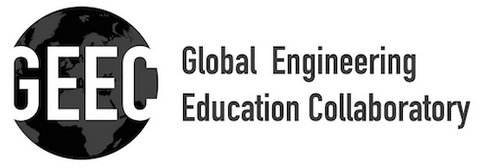GEC Scenario #8: Beijing Plant Start-up
This sample scenario is from a collection of 70+ Global Engineering Competency (GEC) scenarios developed for instructional and assessment purposes. For more information, including links to usage tips and other supporting resources, visit our About page.
|
As an employee working for a U.S.-based multinational corporation, you have been assigned to serve as site manager for a new plant start-up in Beijing. Five Chinese firms are contracted to build the plant’s main structures and systems, and every morning you meet with their representatives. You want to use this meeting to discuss and address problems as they surface. However, you find that the representatives are reluctant to speak up, are not very candid with their responses, and often look uncomfortable when important issues are raised. How would you handle this situation?
|
Recommended Uses: INSTRUCTION/TRAINING (see our GEC Resource Guide for additional guidance)
Citation: Jesiek, B. K. and Woo, S. E. (Eds.). (2018). GEC Scenario #8: Beijing Plant Start-up. Retrieved from https://geec.info/gec08
License: Attribution-NonCommercial-NoDerivatives 4.0 International (CC BY-NC-ND 4.0)
| This material is based upon work supported by the National Science Foundation under Grant Nos. 1160455 and 1254323. Any opinions, findings, and conclusions or recommendations expressed in this material are those of the author(s) and do not necessarily reflect the views of the National Science Foundation. We also acknowledge support for this work from Purdue's Center for Intercultural Learning, Mentorship, Assessment and Research (CILMAR). |
